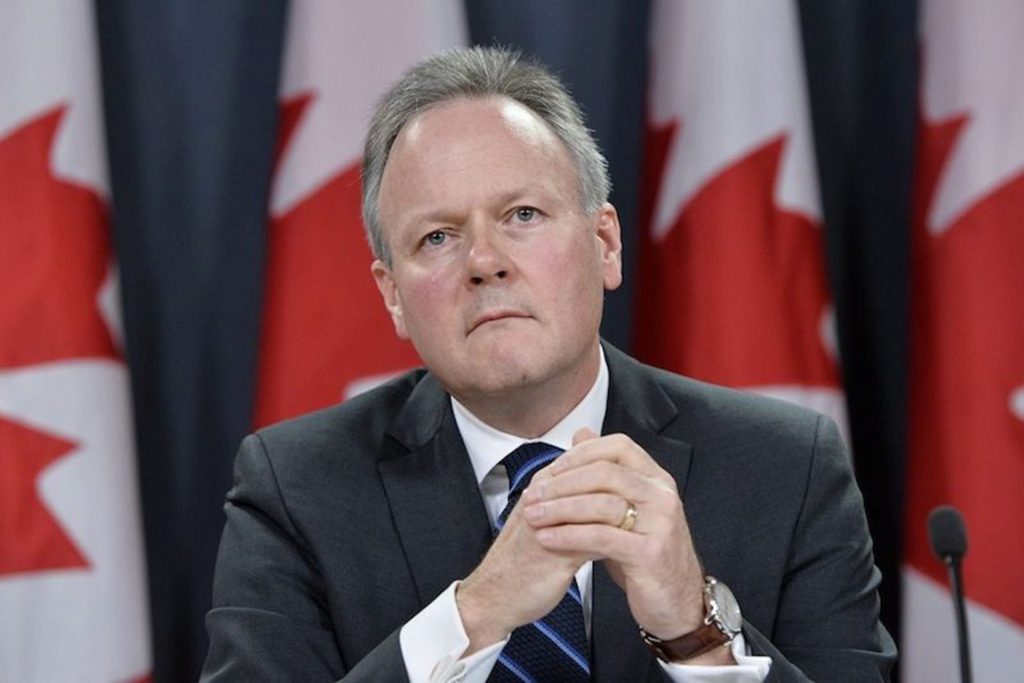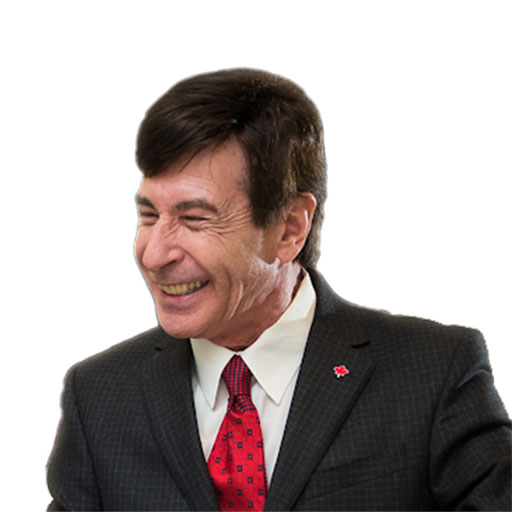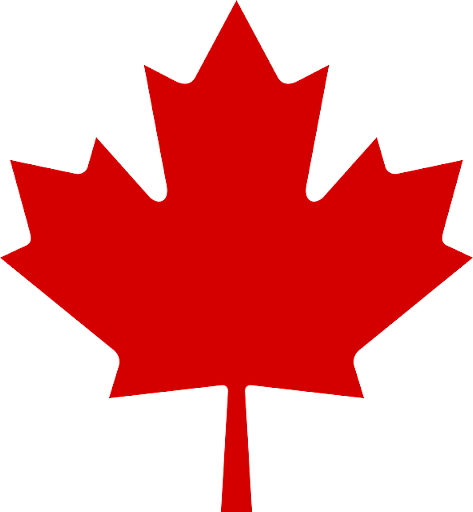Global Instability…the New Normal
While ISIS, Ebola, and Russians amassing along the border still seem fairly far away from the everyday lives of most Canadians, no one can argue that these things are much closer than in the past. With every year that goes by, the world’s economy and even general security seem to get increasingly intertwined so that what happens in Sierra Leone or on the banks of the Tigris River in Iraq can suddenly have a joltingly unexpected impact on our lives here. Isolationism is not an option, and Canada is now part of one complex and very troubled world. Even the racial strife presently being debated (once again) by our neighbors to the south is not without consequence here, as the 24/7 global media cycle takes us all to the front lines of everything, and when we are part of the front line then we feel and often act like we are very much right inside the core of the problem.
If the Empire Club of Canada has survived and flourished for well over a century, it is because this speaker’s podium of record, arguably one of the most successful in the history of North America, has never shied away from difficult issues such as global instability. Not surprisingly, we began to hear speeches on this topic on a more regular basis after 9/11 as Canadians began to get a clearer picture of just how connected they were to the rest of the globe. One notable speech presented to the Club occurred on April 23rd, 2003, delivered by the VP and Chief Economist of the Export Development Corporation, Stephen S. Poloz. Mr. Poloz has of course gone on since then to become our incumbent Governor of Canada, the top financial post in the land, and so clearly has a handle on the interconnectivity of economic, trade, and social issues. Here is what he told Canadians in his 2003 speech entitled “Selling Canada to a Volatile World”:
“To sum up, our analysis is that the world will return to its recovery path once the geopolitical situation begins to normalize, but that will still mean that 2003 will be a challenge for Canadian exporters.
Even as geopolitical risks recede, others will remain. Security issues are turning borders into something more than just a line on a map. Trade liberalization could stall.
Global trade and investment, the engines of economic growth, are unlikely to return to their former glory days anytime soon, which means that trend growth in the world economy will be less than what we became accustomed to during the 1990s.
Meanwhile, sluggish growth means that financial stresses will remain high, causing bankruptcy statistics to stay grim. “
The one part of that quote that we suspect some commentators might take exception with today is the reference to a renewed normalization of the world’s geopolitical situation. The summer of 2014 has given every indication to the contrary. The Empire Club begins its new season in a few weeks with the 26th Foreign Minister of Pakistan, Hina Rabbani Khar, speaking on the topic of “Beyond Conflict-Perspective from Pakistan”. Over the year, we will hear from many troubled parts of the globe, and of course, increasingly become sensitive to the fact that Canada is now-whether we like it or not- a player on that stage. As Poloz so correctly stated, Canada is a trading nation and as such must continue to sell itself, as best it can-to that world, volatility and all.


